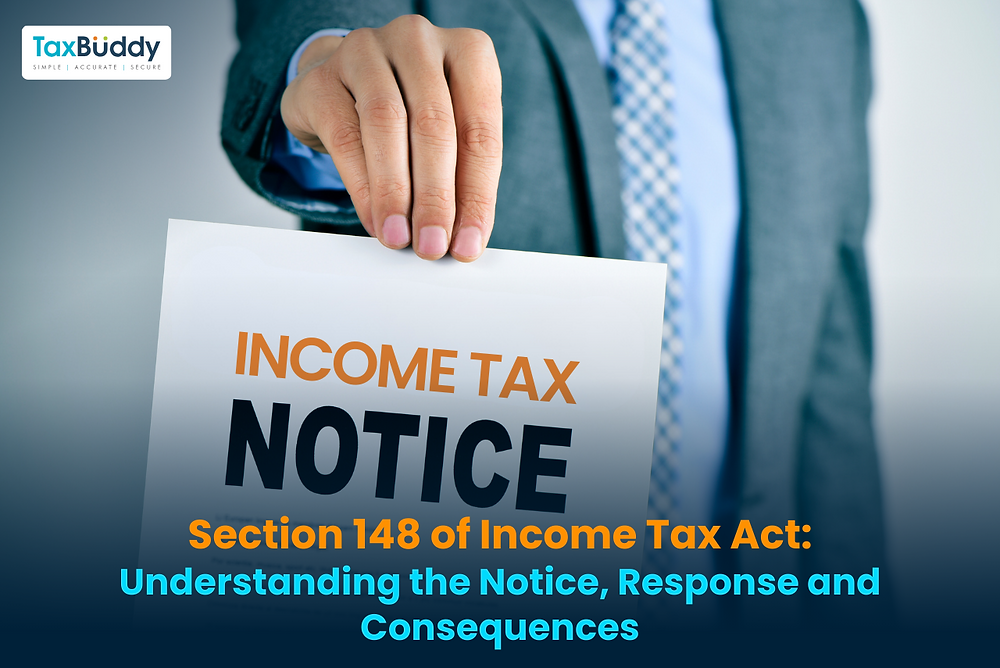ITR for Business Income: Complete Guide
Limits, Filing Process & Expert CA Help in Rewa
Introduction
Running a business in India? Whether you're a freelancer, shop owner, or a registered firm, filing Income Tax Return (ITR) for business income is not just a formality — it's a legal requirement that helps you stay compliant and eligible for loans, tenders, and more.
In this article, we'll cover:
- What is ITR for Business Income?
- What is the Income Limit for filing?
- How to file ITR for Business Income
- FAQs answered by our expert Rewa CA
What is ITR for Business Income?
Income earned from any business or profession is considered "Profits and Gains of Business or Profession" under the Income Tax Act.
If you are:
Then your income is classified as business income, and you must file an appropriate Income Tax Return (ITR Form) — typically ITR-3, ITR-4, or ITR-5 based on your business type and income.
ITR for Business Income Limit (FY 2024-25)
As per latest tax rules:
| Taxpayer Type | Income Limit for Mandatory ITR Filing |
|---|---|
| Individuals below 60 years | ₹2.5 lakhs |
| Senior Citizens (60–80 years) | ₹3 lakhs |
| Super Senior Citizens (80+) | ₹5 lakhs |
| Businesses/Professionals (under Presumptive Taxation) | ₹50 lakhs (Professionals), ₹2 crores (Businesses) |
Important: Even if your income is below the limit, it is recommended to file ITR to claim refunds or loans.
How to File ITR for Business Income – Step-by-Step
Here's how a Rewa-based CA or any tax expert will help you file your ITR:
Choose the Right ITR Form
- ITR-3: For individuals & HUFs with business/professional income
- ITR-4 (Sugam): For presumptive income under Section 44AD/44ADA/44AE
- ITR-5: For partnerships, LLPs
Collect Business Documents
Log in to the Income Tax Portal
Visit incometax.gov.in and file your return using the online form or upload a JSON file through a CA.
Verify & Submit
E-verify the return using Aadhaar OTP, EVC, or Netbanking.
Why Hire a Rewa CA for Business ITR?
Filing business ITR is more complex than salaried returns. A CA in Rewa helps you:
- Avoid penalties
- Claim all deductions under Sections 80C, 80D, etc.
- Apply correct depreciation
- Get ITR + financials ready for business loans or tender bids
DOCUMENT REQUIRED

Conclusion
A notice under Section 148 is a serious matter, but with timely and professional handling, it can be resolved smoothly. Whether it’s due to a simple oversight or a complex mismatch, expert tax consultation can make all the difference.
Need help responding to a Section 148 notice?
Get in touch with our team at Smart Tax Idea for end-to-end guidance — from drafting replies to representing your case before the department
Frequently Asked Questions
Yes, you can, but due to balance sheets, depreciation, GST, etc., it’s better to consult a professional CA to avoid errors.
- ITR-3 for regular business
- ITR-4 for presumptive tax (44AD, 44ADA)
- ITR-5 for partnership firms and LLPs
It depends on your tax regime. Under old regime, normal slab rates apply for individuals. Under new regime, rates start at 5% and go up to 30%.
Not mandatory, but if your turnover exceeds ₹20–40 lakhs (depending on state and type), GST registration is also required.
You may face:
- Penalty under Section 234F (₹1,000 to ₹5,000)
- Loss of loan eligibility
- Scrutiny notice from IT Department


